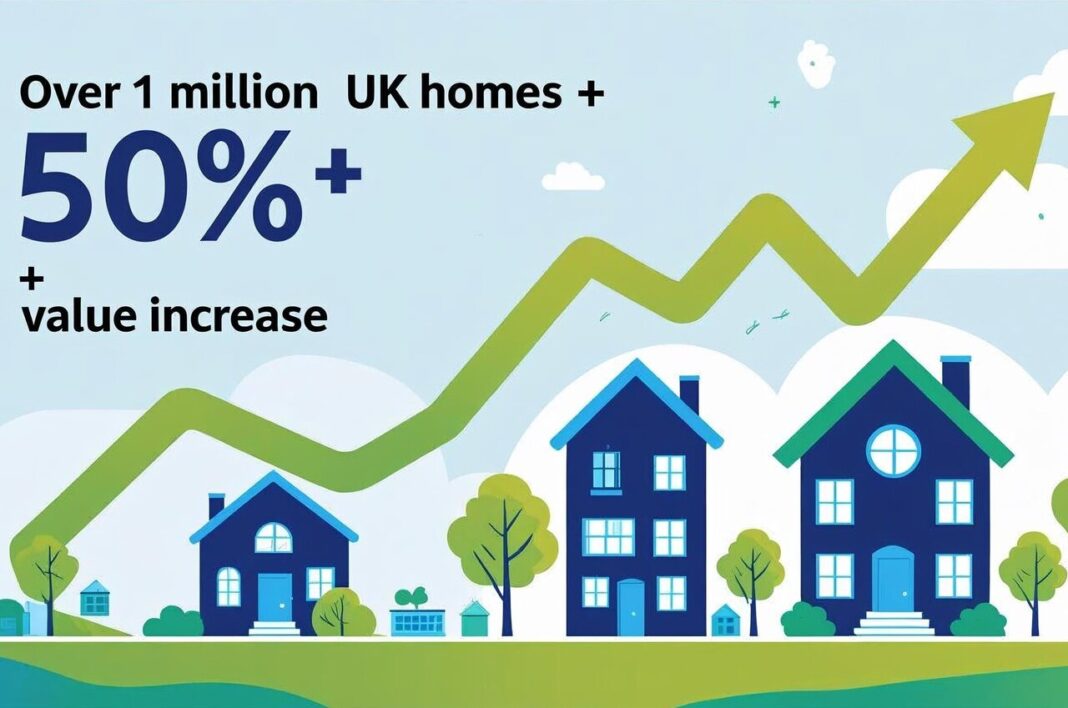There are few milestone revelations within the property sector that have moved as quickly or had as big an impact as Artificial Intelligence (AI). AI is not just going to revolutionise the sector but also the way people interact with each other and the world around them.
Over the years, there have been a few major technological advances that significantly changed the way agents work.
The first was the introduction of the computer, the second was email, and the third was CRM systems and proptech.
While all of these were considered the ‘game-changer’ of their time, none were integrated as quickly or moved as fast as AI. In fact, I believe that none of them will even come close to the impact AI will have on the sector and the way agents work.
TIME SAVING OPPORTUNITY
While some may fear that AI will be detrimental to the sector, removing much of the human element of the business, however, I believe the opposite.
My view is that the integration of AI into businesses will give agents more time to build relationships with their customers and provide better service.
With a high-value item such as a property, people want to deal with people. Right now, many mundane administrative tasks consume time that could be better spent interacting with customers.
Estate agency is, and always will be, a people business, but so much time is spent at a desk behind a computer. Ironically, I believe that technological advancements in AI could mean less screen time and more quality human-to-human interaction.
VIRTUAL ASSISTANCE
Many people are already accustomed to using virtual assistants like Alexa or Siri. While these assistants currently have their limitations, advancements in AI could change that.
In the not-so-distant future, a highly efficient virtual assistant could be developed with the ability to take on a variety of tasks via voice command.
Could this mean an estate agency with no computers or laptops on desks? It’s a real possibility.
BOT-TO-BOT EXPERIENCE
Imagine, for a moment, a virtual assistant that people would be able to verbally interact with.
A vendor sitting in their home could ask their virtual assistant for a list of the top three estate agents in the area based on a variety of criteria or data.
The virtual assistant would provide the list to the vendor’s phone or tablet and ask which one they would like to contact to make an appointment.
The vendor selects the agent, and the virtual assistant proceeds to contact the agent’s virtual assistant to check availability and book an appointment. No need to key anything into a computer or legacy CRM system.
While the vendor will make the final decision on which agent to choose, the rest would be a bot-to-bot experience.
FAST MOVING
Just look at our latest AI Voice release – through the conversational AI platform, we are already able to pick up five different types of leads, verify their details, identify cross-sell opportunities, and even generate valuation booking proposals.
It’s already saving agents a huge amount of time. While the capability of AI Voice continues to evolve and improve, we are also working on AI Text. The pace at which AI is evolving is something we have never seen in history.
DIGITAL FOOTPRINT
If the industry moves in this direction, having a strong digital footprint will be mission-critical for estate agents. “Have you asked ChatGPT for a list of estate agents in your area? If your business is not on the list, what are you doing to get it there?
If more and more people turn to AI for guidance, the importance of a digital footprint cannot be overstated.
While a world with AI assistants and no computers might take some getting used to, removing the box from the desk could allow agents to get back to why they started in the first place, instead of being chained to the screen.










